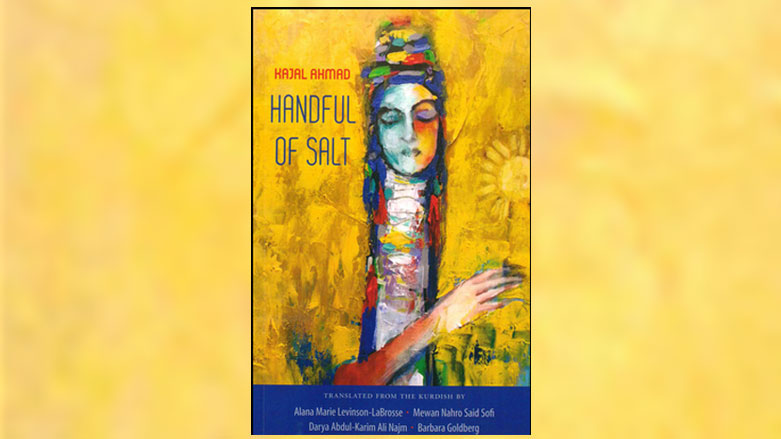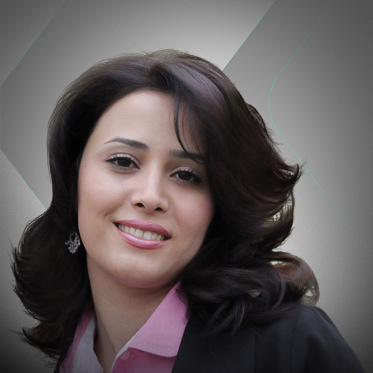Personal is political in Kajal Ahmad's Handful of Salt

LOS ANGELES, United States (Kurdistan24) - Handful of Salt is a collection of selected poems by renowned Kurdish author Kajal Ahmad, translated by a group of Kurdish and American women, and published by The Word Works in the United States, 2016.
Virginia-based poet and lecturer Alana Marie Levinson-LaBrosse, who taught at the American University of Sulaimani for four years, selected and translated poems written by Ahmad into English, collaborating with Mewan Nahro Said and Darya Abdul-Karim Ali Najm, two of her former students at the American University of Sulaimani.
Barbara Goldenberg, the Series Editor of the International Editions at The Word Works became so involved with the book that she turned into a co-translator as well.
In the introduction to the Handful of Salt, LaBrosse offers an overview of Ahmad's style and her multiple layers of cultural and political references. It also reveals some insight into the poet's life.
For a reader who has experienced Ahmad in Kurdish, reading her in English is a process of rediscovering a familiar voice in a new shade.
Bursting with feminine energy, Handful of Salt is a beautiful and refreshing collection of poems about homeland and body, about love and betrayal, dedication and corruption.
“Why is there no end and why no beginning?/ There is no narrative to the story of Anfal, the home of chemical rain, the house of wounded Halabja,” Ahmad writes.
The Kurdistan that Ahmad portrays is one that pulls you in, lures you by showing you its wounds and tears but swallows you when you are fully in and then spits you out when you break taboos.
She masterfully portrays the contradictions in these lines: “Each thorn killed, each plant martyred, the funeral is for my homeland and the wake for a land that senselessly grows both thorns and plants.”
The land of desolation and affection, bravery and betrayal, Kurdistan asks to be hugged but bites you when in your arms. “My dear homeland, you are a lemon: at your name, the world’s mouth wells up. Shivers come over me.”
The homeland Ahmad loved failed her.
She defied the veil and wrote about desire in a conservative culture that dooms women asexual. Men were attracted to her but offered no commitment. Women admired her but only from a distance.
Lonely and threatened by Islamic groups, Ahmad ended up embracing patriarchy and leaving Kurdistan, decisions that "cracked" her image for her followers.
The famous Kurdish author Abdullah Pashew is quoted in the book saying, “The poet is more than a poet in Kurdistan” where no personal choice is private.
Kajal’s way of life, more than her work of art, have been subjects of discussion in a society where a woman’s personal choices have already been determined.
“What stays in the future are my poems. The scarf will go. I will go. My poems will stay. What I am is my poems. Everything else is far away,” Ahmad told LaBrosse when they met in Jordan where Ahmad currently lives.
LaBrosse, who believes Ahmad is the Gertrud Stein of Kurdistan, told Kurdistan24 she was first drawn to this part of the world because it is where "a lot of streets are named after poets."
"Kurdistan is poet's heaven," LaBrosse said.
"Young people in Kurdistan are very connected to poetry. It's sacred for them. At a poorly organized reading, 200 people show up. At a well-organized one, 700 show up," LaBrosse said.
Editing by Karzan Sulaivany
